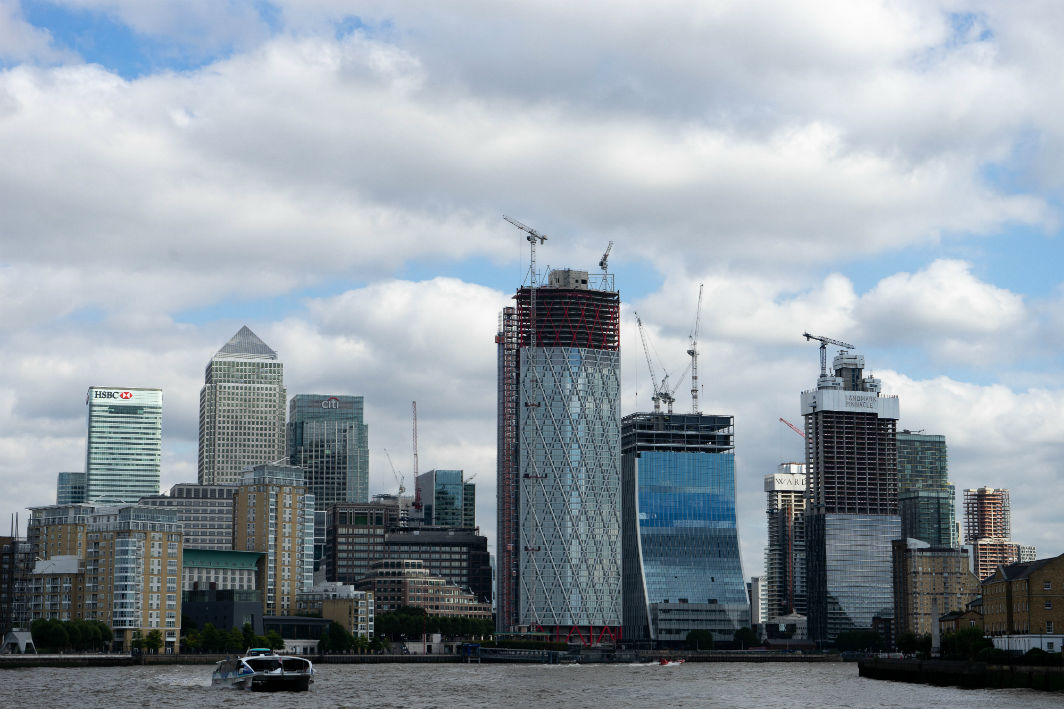2019: the low carbon year that was
As we enter 2020, the Hub looks back at the climate events that drove the last 12 months.
Greta Thunberg
Whilst not directly related to low carbon business as an individual, there can be no doubt that few, even at the top of the low carbon corporate tree, have done more to push for a cleaner future than the Swedish teenager.
Proof lies in her nomination for a Nobel Peace Prize, no small merit even for seasoned professionals in their field. Further, she has been has been named Time Magazine’s Person of the Year for 2019 – the latest accolade for her work.
In the space of a little over 12 months, she has pushed the climate debate into the limelight, with a blistering speech to leaders at the UN summit, accusing them of having “stolen my dreams and my childhood with your empty words”.
Sadly, little concrete headway was made at COP25 in Madrid. It appears that Greta’s task will be no less urgent, and her vociferous protest no less necessary, as 2020 gets underway.
Net zero legislation
COP25’s lack of action was a poor ending to the year. But that said, remarkable progress has been made in other ways.
In the UK, new targets requiring the country to bring all greenhouse gas emissions to net zero by 2050 were laid into law in June.
To be plain, this is no small step. The law represents the complete decoupling of the UK from the industrial era fossil fuels which have driven economic and societal growth for well over a century.
Achieving the goals will require a top down transformation of UK business and society. This represents an astonishing opportunity for low carbon firms to grasp the chance to become the central pillar in how our economy develops over the next 30 years.
And, knowledge will be available for sharing. Countries like Finland are seeking to hit net zero by 2035. Potential net zero law is in the offing for other EU countries. Talking and debating on the best ways to embed low carbon fast will be essential to securing the desired future.
Extinction Rebellion
Like them or loath them, the Extinction Rebellion protests have been another key element of a year that saw climate highlighted in hitherto unprecedented ways.
Their approach is not businesslike and is arguably unprofessional. But it represents an underlying passion for change which ought to give low carbon firms hope that the public at large is widely behind them, with government law also falling into place to support the low carbon lobby.
New Conservative government
Any look back at the year would be remiss to exclude the General Election, and the strong hold Boris Johnson now has on the reins of Westminster.
Your perspective on this will no doubt depend upon your political stance. However, from a purely business standpoint, if Johnson can push through a timely Brexit and is to be trusted, then many firms, low carbon or otherwise, may rejoice in the potential for a return to business as normal.
Certainly, the stock market rallied after the Conservative victory. The truth may be that many business leaders are so tired of the Brexit standoff, they simply welcome any opportunity to get back to work, and to start pushing for the low carbon solutions that will be needed to hit net zero law.
We can only hope that 2020 does not again become mired in Brexit fallout, and that the sector as a whole can get back to work, and do what it does best; offer up future-friendly solutions to the greatest challenges of our age.













